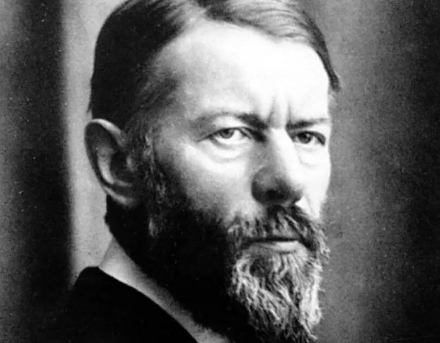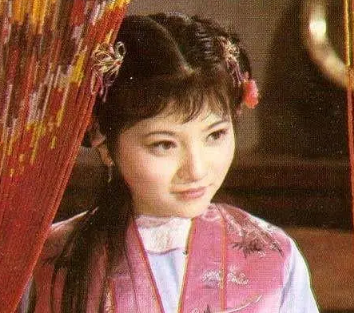Confucianism is one of the most important ideological schools in ancient China, whose development has gone through different stages and branches. Currently, Confucianism can be roughly divided into the following sects:

Firstly, there is the "Kongmen" founded by Confucius' disciples, also known as "Zimen". They inherited Confucius' thoughts, emphasizing the importance of personal cultivation and social order, and had a far-reaching impact on later generations. Among them, the most famous representative figure is Mencius. His thought is known as the "theory of original goodness of human nature", emphasizing that human nature is inherently good and needs to be developed through education and guidance.
Secondly, there is the "Cheng-Zhu Neo-Confucianism" founded by Zhu Xi. He combined Confucianism with other philosophical schools such as Buddhism and Taoism to form a unique theoretical system. He believed that inner cultivation and moral self-discipline are very important, and external social norms and institutions are also essential. His thoughts have had a far-reaching impact on Chinese culture and society.
Thirdly, there is the "Mind School" founded by Wang Yangming. He believed that human beings have infinite potential in their hearts, and through self-reflection and cultivation, they can achieve spiritual sublimation. His thought emphasized the importance of personal inner cultivation and social responsibility, which had a certain impact on later generations.
Finally, there are other Confucian schools and branches, such as the Xunzi School, the Cheng Yi School, and the Lu Jiuyuan School. These schools all have their unique theoretical and practical experiences and have made important contributions to the development of Chinese culture and thought.
In general, although Confucianism has gone through vicissitudes, its core ideas and values have always been respected and inherited by people. No matter in which period, Confucianism has been constantly exploring and developing, making important contributions to the prosperity and development of Chinese culture.
Disclaimer: The above content is sourced from the internet and the copyright belongs to the original author. If there is any infringement of your original copyright, please inform us and we will delete the relevant content as soon as possible.































